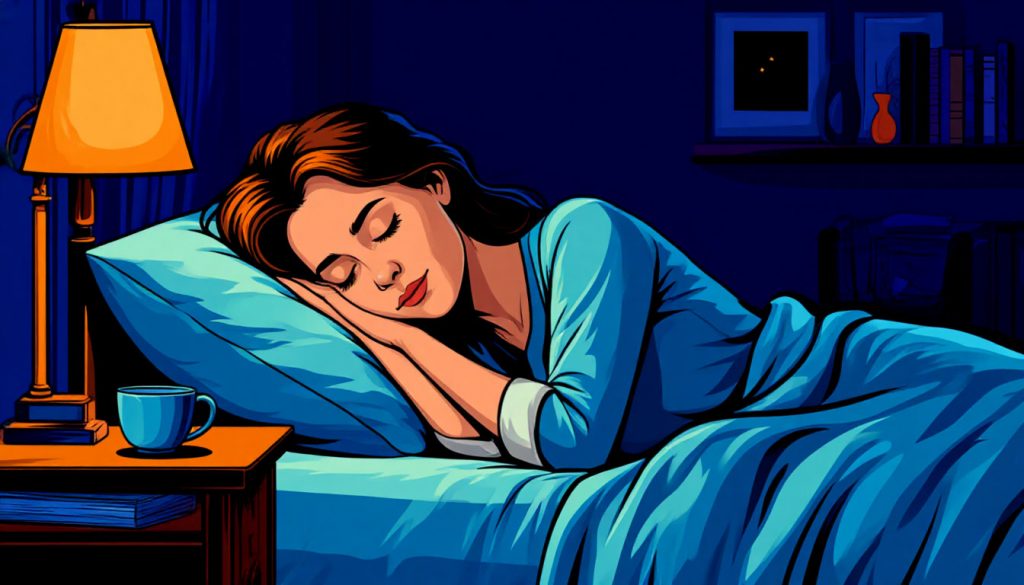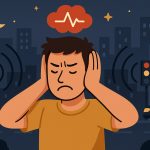Sleep quality depends not only on duration but also on environmental conditions — and darkness plays a key role. Our bodies are naturally programmed to rest when it’s dark, and ignoring this biological rhythm can negatively affect health.
How Darkness Regulates Sleep
When light fades, the brain’s pineal gland produces more melatonin — the “sleep hormone.” This hormone signals to the body that it’s time to rest, lowering body temperature, slowing heart rate, and promoting relaxation. Exposure to light at night can suppress melatonin production, making it harder to fall and stay asleep.
Benefits of Sleeping in Complete Darkness
- Improved Sleep Quality
Darkness supports deeper and more restorative sleep phases, including REM sleep, essential for memory and emotional regulation. - Balanced Hormonal Function
Adequate melatonin production also supports immune health and may help regulate other hormones, including those related to stress. - Better Mental Health
Consistent deep sleep helps reduce anxiety, stabilize mood, and improve cognitive function. - Eye Health Support
Sleeping without light exposure reduces strain on the eyes and prevents unnecessary stimulation of the optic nerve during rest. - Stronger Immune System
Quality sleep in darkness enhances the body’s ability to fight infections and recover from illness.
Tips for Creating a Dark Sleeping Environment
- Use blackout curtains to block streetlights.
- Remove or cover electronic devices that emit light.
- Avoid bright screens for at least an hour before bed.
- Consider a comfortable sleep mask if complete darkness is hard to achieve.
Conclusion
Sleeping in darkness aligns with our natural biological rhythms, supporting physical recovery, mental health, and overall well-being. By reducing nighttime light exposure, you can improve sleep quality and wake up feeling more refreshed.
Glossary
- Melatonin – A hormone that regulates sleep-wake cycles.
- Pineal gland – A small gland in the brain that produces melatonin.
- REM sleep – Rapid eye movement phase of sleep, linked to memory and dreaming.
- Circadian rhythm – The body’s 24-hour biological clock regulating sleep and activity.
- Blackout curtains – Thick window coverings designed to block outside light.


